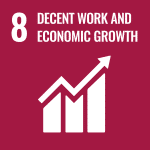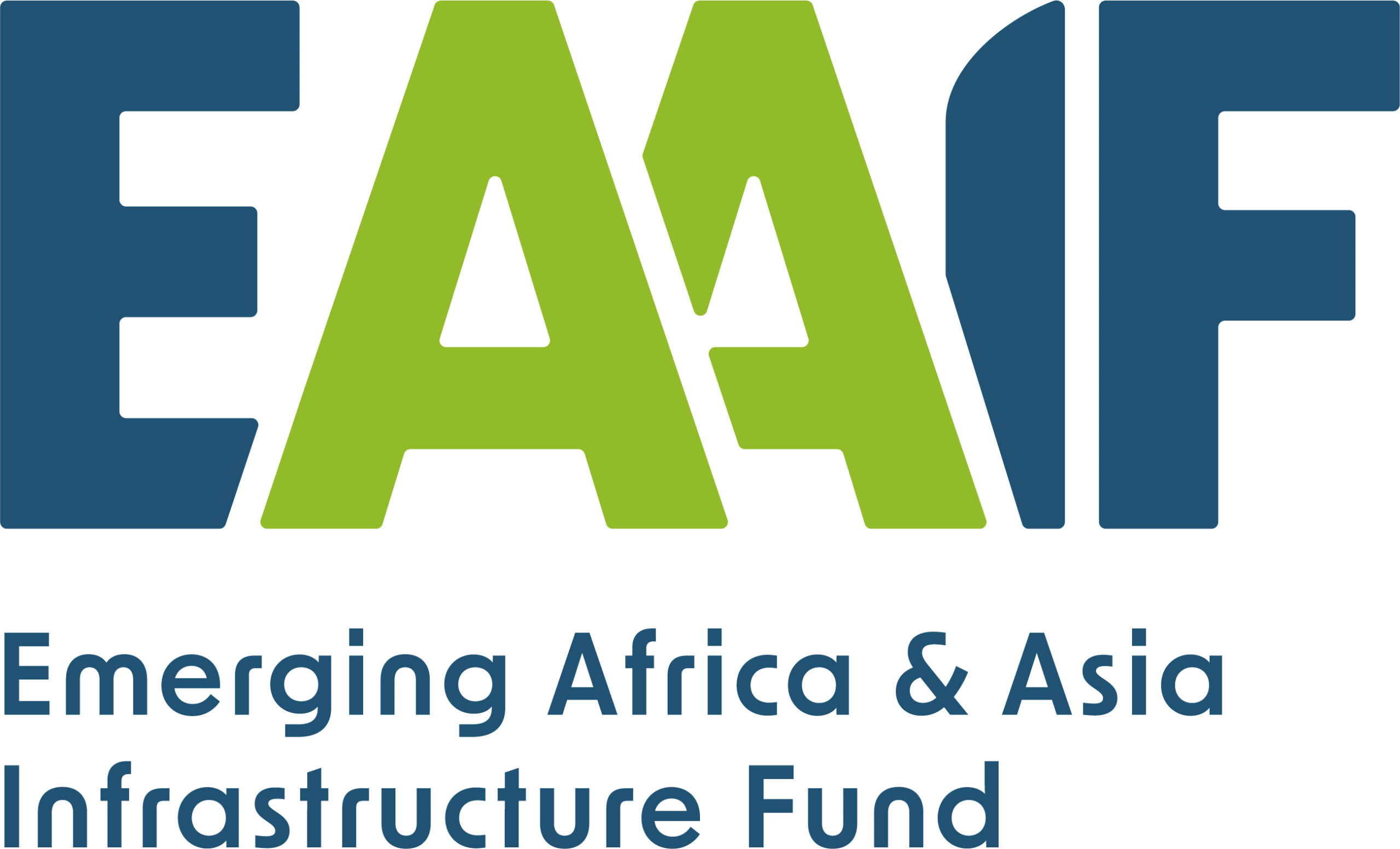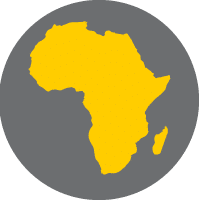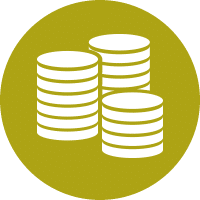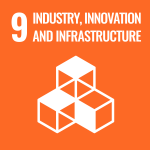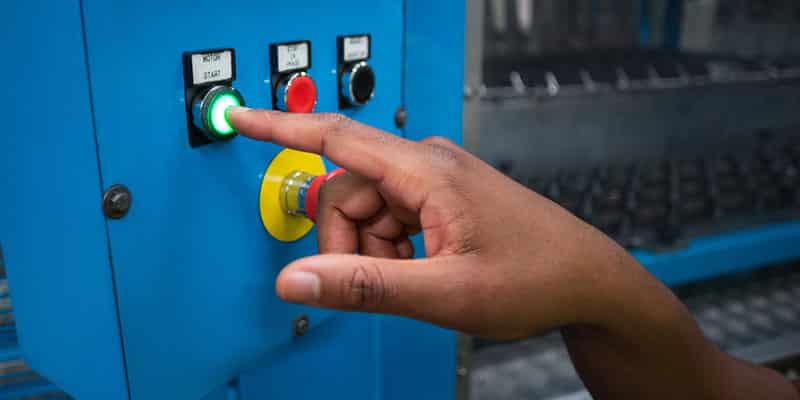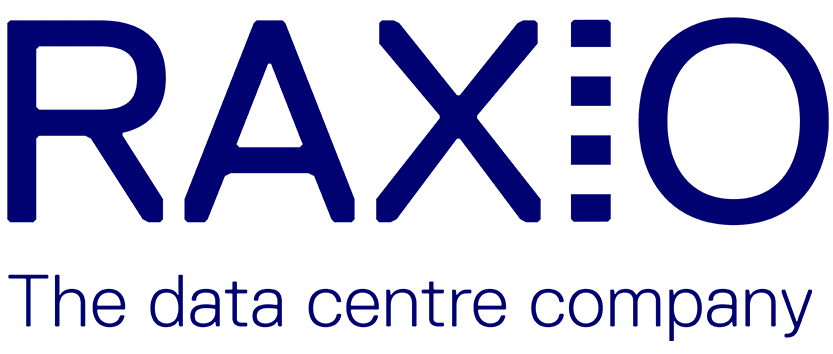
Raxio Data Centres
$33m of debt to finance the construction and operation of data centres in Uganda (FCAS and LDC), Ethiopia (LDC and FCAS), the Democratic Republic of the Congo (LDC and FCAS), Côte D’Ivoire (LMIC and FCAS), Mozambique (FCAS and LDC), Angola (LDC) and Tanzania (LDC). This will improve internet speed for business customers to enable economic growth. 70% of proceeds will be allocated to FCAS countries and 60% to LDC countries.
Direct Impact on the Wider Economy
Reduce latency and improve speed to improve business performance. Several business sectors are expected to benefit across the economy. Those who are highly dependent on the internet for business operations and/or suffer from connectivity issues are expected to feel the largest impact.
SDG assessment
SDG 9.C + 8.5 – Increase access to information communication technology, supporting economic growth and job creation.
Market transformation
Challenge:There is little or no carrier neutral data centre capacity in target countries which has resulted in slow and expensive internet connectivity for business customers.
Channel: Add data centre capacity to enable business customers to utilise stable and reliable services in an efficient and cost-effective manner.
Outcome: Demonstrate the success of the model to enable a greater number of data centres, further driving economic growth through enhanced internet services.
Moblisation
Mobilised $91m of private sector investment.
Climate risk
Transition: Raxio is actively looking to reduce its greenhouse gases (GHG) footprint and integrate more renewables across their data centres.
Resilience: Greater demand for power for cooling and associated increases in operating expenditure (OPEX) from grid power purchase and/ or diesel consumption have been considered. A climate risk and vulnerability assessment will be conducted for each data centre. Actions could include emergency response training on managing wildfires, health and safety training on heat stress management for workers and measures to manage water risks.
Gender Empowerment
The project company has committed to a 30% female labour force target through the sustainability linked loan, with an action plan to be delivered detailing how this will be achieved.
HSES
As part of the due diligence process, 20 HSES improvements were identified which are now reflected in the Project Environmental and Social Action Plan (ESAP).
